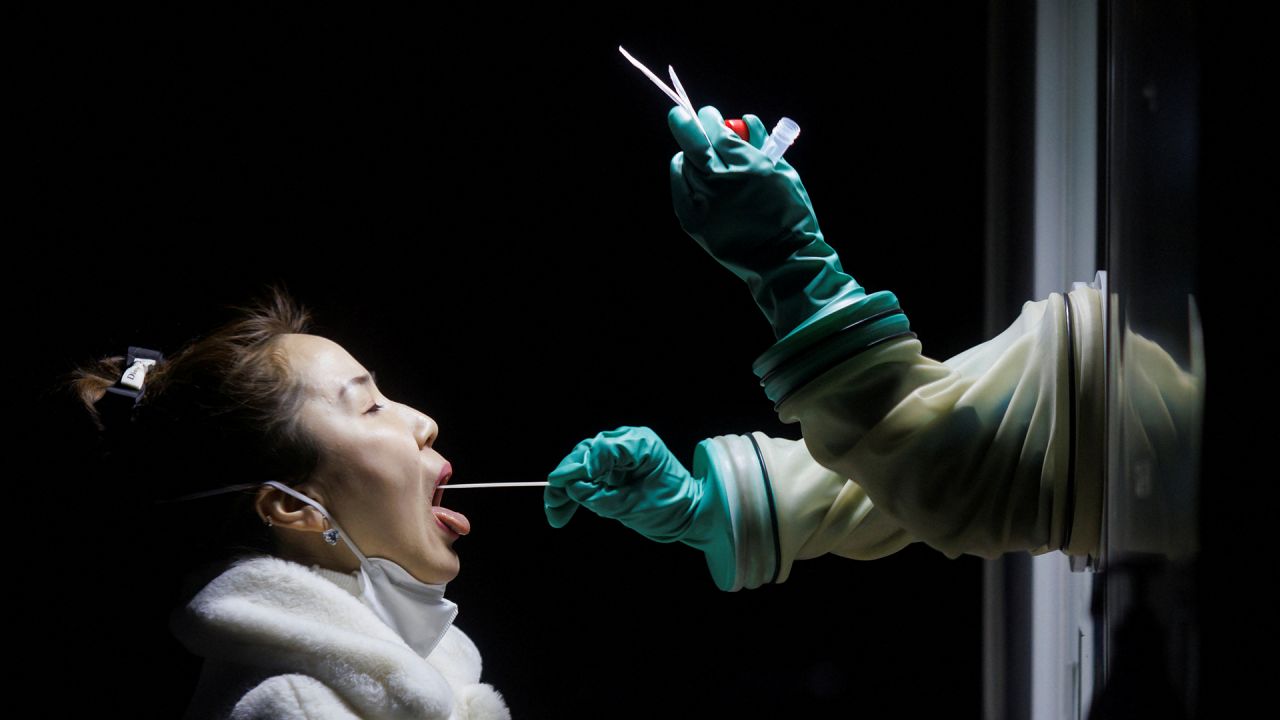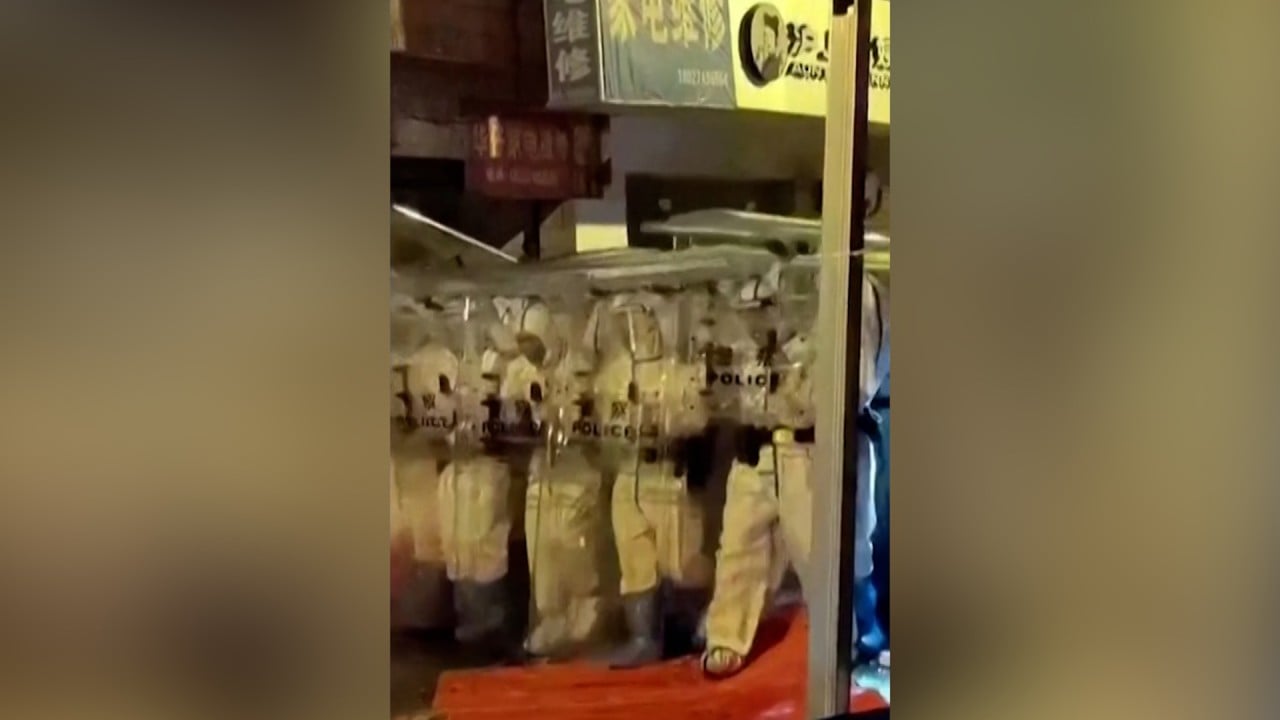
Ease China’s Covid controls to revive economy, cope with US pressure: economists
- Six leading figures call for end to excessive travel curbs and opening of commercial areas
- Development is the key to countering pressure from the United States, they say
In an open letter posted online on Saturday, the six economists said priority should be given to lifting restrictions on commercial areas such as transport, office buildings, restaurants, hotels and shopping malls.
“Development is the root of solving all problems, and it is the root of coping with US strategic containment … and resolving various risks,” the academics said.
China has stuck to a zero-Covid policy since the pandemic erupted three years ago, using mass testing, lockdowns and closures of public places to contain the virus – to much public frustration and anger.
But since protests against the controls broke out last weekend, several cities – including Beijing and Guangzhou – have relaxed some measures.
In the open letter, the authors said smaller businesses and the public had been hit particularly hard by the economic fallout from the pandemic.
They said excessive travel restrictions should be eliminated and researchers should look at the feasibility of limiting the scope of lockdowns, phasing out region and citywide testing, ramping up vaccination for the elderly, and raising awareness of the Omicron variant’s reduced severity.
The decreased pathogenicity of Omicron compared with previous strains and the vaccination “provided an opportunity” to refine the prevention measures, they said.
“Recently, various departments and regions are actively adjusting [the control measures], and all sectors of society are encouraged.”
The letter was co-written by Yao Yang and Huang Yiping from Peking University, Zhang Jun from Fudan University, Trip.com co-founder Liang Jianzhang, Guan Qingyou from the Rushi Advanced Institute of Finance, and Ren Zeping, former chief economist at real estate giant China Evergrande Group.
They said that at 3 per cent China’s GDP growth rate in the first three quarters was well below pre-pandemic levels and could drop even further in the fourth quarter.
They said the target for 2023 should be more than 5 per cent, “to send a clear signal to all walks of life to make development the top priority”. Restrictions should also be lifted on economic activity “to stabilise expectations and boost the confidence of all parties”.
“Confidence is more important than gold,” they said.
They also suggested increasing the deficit ratio next year, and expanding domestic demand by launching new infrastructure projects.
Other suggestions included giving more support to the private sector and overhauling manufacturing and the real estate industry.
A scientific approach to epidemic prevention would put social and economic life back on track, and enable China to lead the world in global economic growth, it said.



